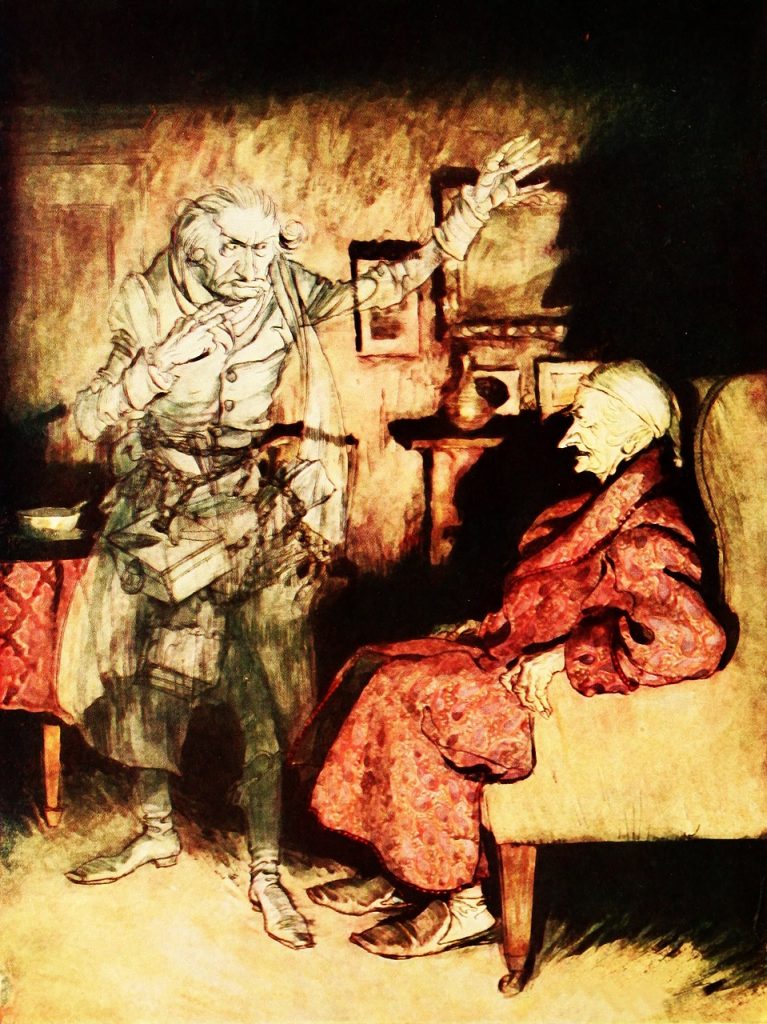
Hi everyone, this will be the last post of 2022. I will be back on January 3rd.
Charles Dickens’s novella a Christmas Carol is a timeless classic. It was first published in 1843 and has never gone out of print. But 1843 is nearly 180 years ago. It’s time for us to update the story to be more relevant to our times:
STAVE ONE:
The story opens at a large foundation’s headquarters on Christmas Eve. Ebenezer Scrooge is the president of the foundation’s board of trustees. He is a miser who hates spending money, Christmas, and people in general. Bob Cratchit, Scrooge’s executive assistant, is looking at some documents. “Mr. Scrooge,” he says, “it seems we haven’t met our legal minimum for how much money the foundation has to spend each year. What do you say we give some extra money to a few nonprofits in the area? Look at this one. Tiny Dem. It’s a small organization working to end voter suppression, gerrymandering, and corruption in politics. This is the fifth time they applied to us.”
“Tiny Dem? Bah humbug!” grumbles Scrooge, “that is the most ridiculous name for a nonprofit! And their mission doesn’t align with the foundation’s main priority, which is teaching financial literacy to toddlers. If children learn early, they won’t grow up to be impoverished hornswogglers suckling at the udders of society. No, just put enough money into a Donor-Advised Fund to meet the legal minimum.”
Continue reading “A Christmas Carol, Updated for Our Times”



